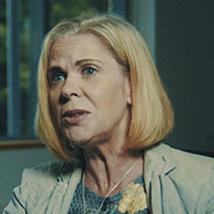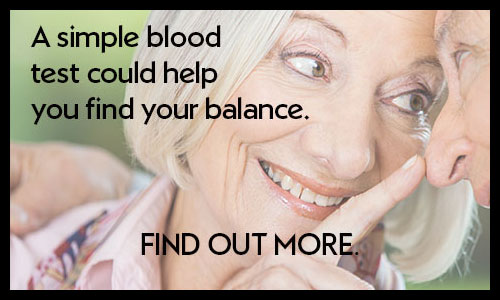Keeping your sex drive after menopause
- Overview
Many women who are concerned about a loss of libido feel that it’s a very private and almost shameful thing that they’re finding it difficult to enjoy sex in the way that they want to.
There are many possible reasons why your sex drive isn't what it used to be, including your physical or mental health and that of your partner. It's worth discussing these issues first, but for many women loss of libido is directly linked to the menopause. Find out more about the other things that can get in the way of your love life.
A huge hormonal change takes place during menopause causing oestrogen production to decline. A key symptom is vaginal dryness which can make sex painful, which of course affects a woman’s ability to enjoy sexual activity. Other hormone levels drop off, causing a fundamental change in a woman’s brain – sometimes reducing or shutting down their sexual desire altogether.
You're not on your own
Women worry that they're on their own with these issues and that their partners won’t understand. It may feel uncomfortable asking for help, but there are things that can be done. Even in the post-menopause, women can still feel like women, they can still enjoy their femininity and enjoy intimacy.
Often a simple blood test, known as an endocrine investigation, can identify the hormone imbalance brought on by menopause which can then be used to tailor hormone replacement therapy (HRT) to suit your personal needs.
Don’t suffer in silence. A quick conversation with your GP or a women’s health specialist is the first step to taking back the intimacy you desire.
Last updated Friday 20 October 2017
First published on Friday 1 April 2016


